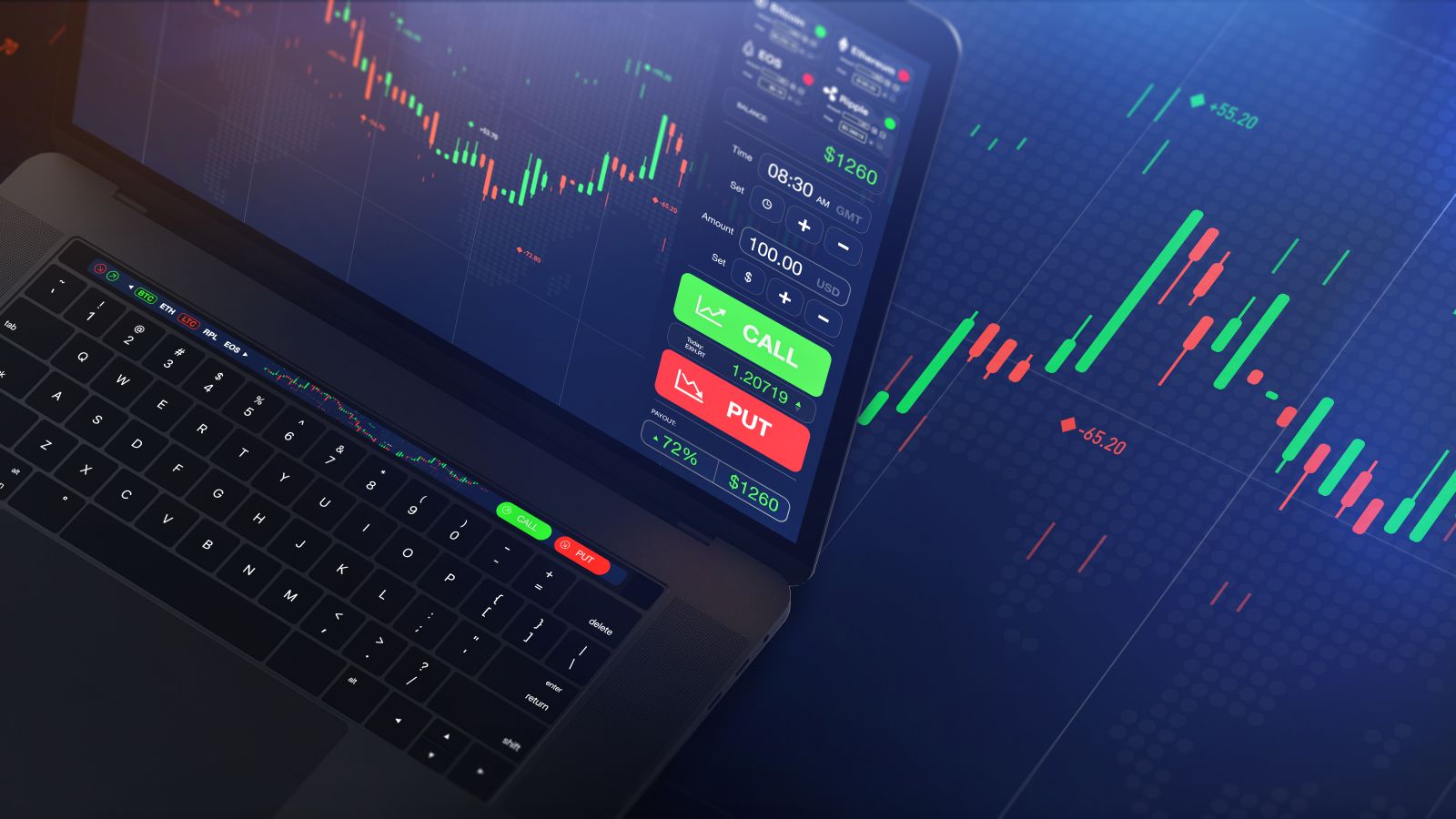7 Trends Shaping the Future of Options Trading

Options trading has become increasingly popular, and the wave of options traders is only increasing daily. The rise results from technological advancements, alternating investor behavior, and macroeconomic shifts. While options trading is trending, let’s have a look at the seven trends that are surely the core factors in shaping the future of Options Trading in the 21st century.
An increasing number of Retail Investors
Since the pandemic, commission-free trading platforms such as Robinhood and Webull have gained popularity. They offer greater access to information and user-friendly trading interfaces, leading to a surge in retail investors in options trading. Today, platforms like Public.com offer rebates to options traders, which will attract even more retail investors.
Implications
Retail investors are indulging in trading strategies that are highly backed by social media hype or speculative sentiments, which have led to changing and new market volatility patterns. While retail participation has affected market volatility, awareness and education about options trading have grown multifold. Most brokers and trading platforms (like Public.com) now offer various educational tools for helping novice traders mitigate risk and help experienced traders better implement their strategies. More investors have led regulatory bodies to increase oversight to ensure fair practices and prevent market manipulation and malpractices.
Advancement in Options Analytics and Tools
Analytics is increasingly helping to improve every sphere of every industry, and the financial markets are also experiencing its sweet fruits. Most trading platforms are becoming highly sophisticated, incorporating analytics such as predictive modeling, real-time data, and user-friendly and user-attractive interfaces. Tools like scenario analysis, options price calculator, Greeks calculator, and implied volatility surfaces are becoming increasingly readily available to a broader set of traders, helping them execute better trades.
Implications
Tools once exclusively available to institutional investors are now readily available to retail traders, empowering them to implement advanced strategies. While analytics have made analysis and execution more straightforward, they have also led to over-reliance, which can lead to mismanagement of trades. Advanced analytics and tools help reduce the manual workload and enable traders to focus on broader market trends and strategy optimization. They also help promote the current trending mantra of “Smart work over hard work.”
Increased Popularity of Weekly and Daily Expiry Options
Short-dated options have gained popularity among traders seeking quick returns as these weekly and daily expiry options cater to high-frequency strategies and short-term speculations.
Implications
While short-dated options offer amplified chances of potential gains, they also offer amplified chances of losses, which can only be avoided or minimized by precise strategy implementation by traders. The growing popularity of weekly and daily expiry options has also led platforms to incorporate tools in their user interfaces that analyze and execute short-term trades effectively.
Algorithmic and AI-driven Strategies
The solid pairing of algorithmic trading and artificial intelligence(AI) works wonders in executing trades and developing strategies. Automated trading algorithms help leverage vast amounts of data for precise trade execution and AI-enhanced decision-making by identifying relevant patterns and associated opportunities.
Implications
Customized strategies based on a trader’s goals, risk tolerance, and market conditions, powered by AI-enhanced platforms, would help in better decision-making by democratizing access to advanced trading techniques. By predicting potential risks and analyzing historical and real-time current data, AI helps mitigate risk and enables traders to make better and more informed decisions. Integrating algorithmic trading and AI-driven strategies can allow traders to automate complex strategies such as iron condors or straddles. They are proving transformative by optimizing hedging strategies and maintaining portfolio neutrality by dynamically adjusting the trades' positions.
High-Frequency Trading in Options Markets
HFT, or high-frequency trading, is one of the core elements of modern options trading. It enables the execution of trades in fractions of a second through sophisticated algorithm employment. It aims to help traders capitalize on minute price inefficiencies and liquidity gaps in the market.
Implications
HFT helps enhance liquidity by contributing to tighter bid-ask spreads, increasing market efficiency and reducing participant trading costs. In today’s fast-paced world, HFT possesses excellent potential to be particularly effective in weekly and daily expiry options, where swift price changes can create arbitrage opportunities. Moreover, HFT algorithms often integrate real-time data on implied volatility, Greeks, and order flow to execute trades with high precision, leading to better trades.
Options on Digital Assets
Cryptocurrency options trading has also seen a rise, as reported by platforms such as CME Group, which facilitates cryptocurrency options trading. While cryptocurrency is shaping the future of financial instruments, the high volatility associated with digital assets makes them a perfect fit for options trading, too.
Implications
Digital asset options seem attractive to investors. They allow them to hedge against crypto volatility and seek good returns, leading to broader market participation. Crypto options present new ways of hedging against the inherent risks of digital assets. Platforms like Public.com offer crypto options as part of their repertoire.
Expansion of ESG-Informed Options Trading
ESG considerations are increasingly influencing investment decisions worldwide, including options trading. As companies strive for sustainability, options traders incorporate ESG factors into their strategies. This shift is evident in the growing popularity of ESG-focused ETFs and the integration of ESG criteria into investment analyses.
Implications
The rise of ESG investing has significant implications for the options market. We expect to see growing ESG-focused options tied to green indices and ETFs. As ESG considerations gain prominence, they will likely impact the pricing and volatility of underlying assets, creating new opportunities and challenges for options traders.
Hashtag Investing is a leading community of 35,000+ traders. It provides high quality content to help traders research and learn about investing, while also offering tools like stock discord servers, and trade alerts & crypto signals.